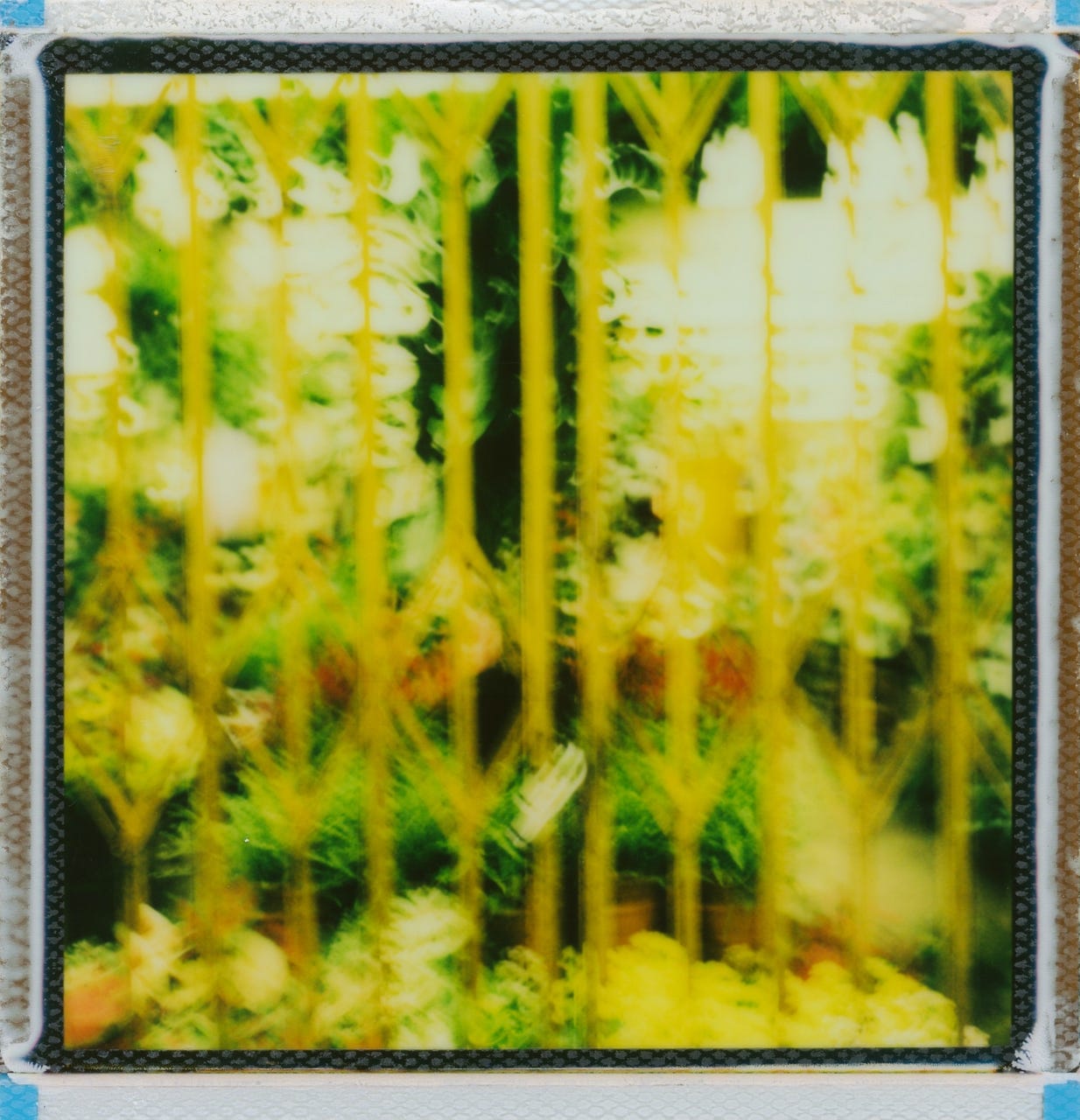500 Words: On Attention
If contemplation can lead to a Nobel Prize, maybe we could all benefit from cultivating a different type of attention
There’s a corner of my backyard shaded by bowing purple buddleia where I’ve spent most of these recent warm summer mornings. Today has been no different. Drawn by familiarity and the sun I brought porridge and tea. Then I sat and watched and pondered. As my attention wandered freely I found it ironically wandering to the subject of attention itself.
It is said we are living in an attention-economy. This isn’t news to anyone. It’s been brought into mainstream cultural discourse through commentaries such as The Social Dilemma but it also feels too difficult to fight against on an individual level. While we understand that we are complicit by freely giving our attention, the alternative would mean turning our backs on much of digital technology and all the connection, access to information and entertainment it brings.
In myself I observe a sort of frenetic yet glassy-eyed state when I do engage with online media. Frenetic presumably searching for the dopamine hit; glassy-eyed because I am at the mercy of whatever the day’s algorithms are serving up. The pressure on our attention as a scarce resource is consequently reducing our focus. It’s reported that the likes of adverts or articles only have three seconds to grab our attention, and we spend an average of just 52 seconds on a web page. So ensues a downward spiral.
The concept of contemplation, defined as a sustained consideration of an idea or subject, stands in stark contrast to the current framework of attention. Contemplation doesn’t suit a capitalistic context because its very nature is sacred and not something that can be monetised (at least for now!). In fact, etymologically, the root of ‘tem’ in ‘contemplation’ refers to a ‘place reserved or cut out’. It’s also related to the Greek ‘temenos’ - ‘sacred area around a temple’.
Contemplation requires us to mark out a space for observation. Yet largely we have our spaces marked out and filled for us. Be it by obligations of life, work, or routine. And often instead of holding an idea continuously before the mind, I recognise in myself a default impulse to act on an idea, rather than to simply hold it.
When I read about the story of legendary American scientist Barbara Mcclintock on GROW, I was profoundly struck by her radically patient and empathetic approach to her research. Mcclintock’s subject was maize, which she observed intimately for fifty years. It led to a breakthrough in the field of genetics, for which she was awarded a Nobel Prize in 1983. She committed her attention so deeply that she developed what she called ‘a feeling for the organism’. As Claire L. Evans writes about Mcclintock’s approach: “The closer and more willingly you look at the world, the more it allows you to see.” We have more of the world at our fingertips than ever before, but with our attention so fragmented are we really seeing it?
As linguistic relativity suggests, expanding our vocabulary of attention might help to change our relationship with it. For example, by using words such as contemplation, meditation, observation, or consideration. We may also want to think about the conditions that work best for us to enter into a deeper, more contemplative mode. A colleague of mine says she saves things up to think about for when she runs. For me, it’s this space of 500 Words that gives focus to my observations and sensemaking. For others, the physical space of a temple or church might be what’s required. And sometimes, it can be a ritual as simple as sitting under a buddleia bush with a cup of tea.




